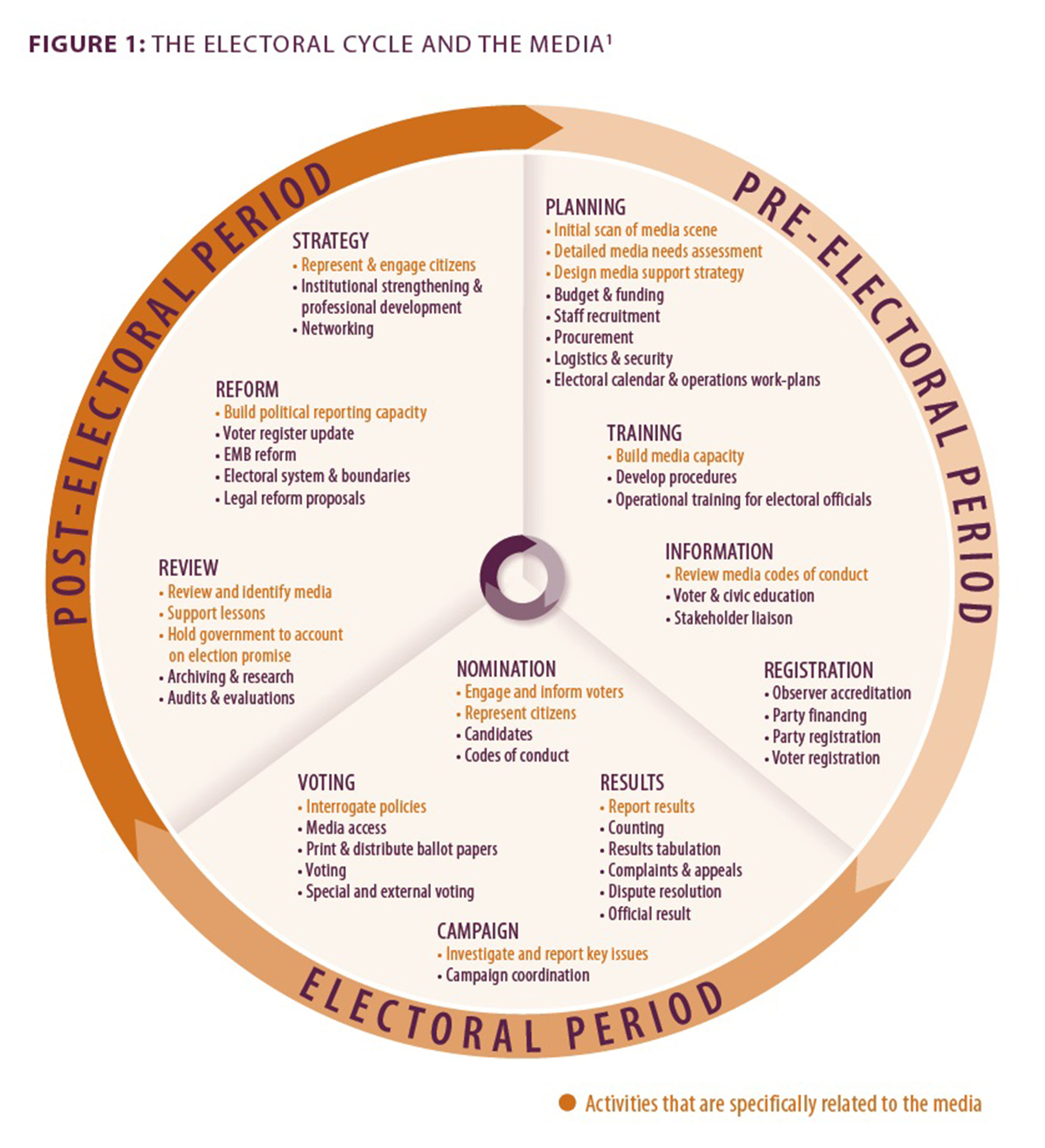
by Perlita M. Frago-Marasigan, PhD
Can you imagine elections without free media?
In this scenario, candidates will have to stretch the campaign periods for longer hours to factor in the travel time. They will need to visit each village of every municipality, city or province before they can move on to another to maximize their votes. In every place, they will need to deliver their political speeches at the top of their voices and hope that the people will remember their names on election day. Political campaign speeches will have to be delivered personally and repeated every time. The contents of these campaign speeches will be unfiltered by journalists or commentators. The citizens themselves, their neighbors or perhaps their local leaders will digest the information. Without media, there will be no records of broken promises. There will be no paid political advertisements, nor free advertisements through news coverages. No news will be brought to the comforts of one’s living room.
At the very least, citizens will have to be reminded about right to vote. They need to be informed about the different key issues, the profiles, and past performances of candidates and reelectionists. But how will citizens get these facts and information if there are no newspapers, no radio broadcasts, no televisions, no mobile phones, and no Internet? The citizens will have to make an effort to educate themselves. They have to attend all political rallies so that they will know who the candidates are and the different sides of an issue. They will need to listen carefully and directly to these candidates so that they will understand how they will provide solutions to public problems. Voters will have to rely on their own memory to store all these political information that the politicians themselves will provide. And long after elections are over, they will need to rely on their stock knowledge or on hearsay. Information and facts will be verified by their own efforts. The perpetuation of knowledge, beliefs and values can go on only through oral tradition.
Needless to say, media play a vital role during elections. In the exercise of their right of suffrage, citizens need information that only free media can provide. They have to be informed about the electoral process itself, the candidates, and the key issues to make informed choices. They are not only gatekeepers of information, but watchdogs that guard democracy. They are supposed to act as the fourth estate that can provide checks and balances to the powers that be.
However, media are more than neutral transmitters or channels of these political contents and messages. They are political actors, too, because of their strategic role in the political system. They not only have privileged access to information but they also get to disseminate them. They process and filter these information before they are disseminated to the public. As such, they can influence the quality and control the direction of political discourse. As political actors, they can control the topics for public consumption. And as business enterprises, they can opt to cover newsworthy stories that sell. They may keep or omit some information whether intentionally or unintentionally. During elections, they can legitimize demands of certain sectors and transform their particular issues into electoral ones.
In particular, the figure below describes the different functions of media in various stages of the electoral cycle. According to the United Nations Development Programme (UNDP) (2014), there are activities that media undertake before and after elections. In the “pre-electoral” stage, media practitioners should be engaged in planning and training in order to prepare them for elections (UNDP 2014, 2). They should be trained to improve their capacity and they should be reminded about the ethical conduct in the exercise of their profession. During the electoral period, media must engage the citizens and inform them about key issues, monitor the campaigns of candidates, and eventually, report the results of elections (UNDP 2014, 2). In addition, media provide the platforms for public discussions, dialogues and debates to allow interactions among the political aspirants and the citizens.

What is underemphasized, however, is media’s essential role in-between elections. In-between elections, media practitioners need to be vigilant. They will have to monitor and cover the performances of elected national and local officials. They need to inform the public about government responses, update them about the status of proposed legislations, remind the elected about their campaign promises, and make them account for their irregular activities, if any.
REFERENCES
Frago, Perlita M. 2006. “The Media and Philippine Politics.” In Philippine Politics and Governance: Challenges to Democratization and Development, edited by Teresa S. Encarnacion Tadem and Noel M. Morada, pp. 161-178. Quezon City: UP Department of Political Science.
Heywood, Andrew. 2013. Politics, 4th ed. UK and US: Palgrave Macmillan.
ACE Electoral Knowledge Network. 2012. “Media and Elections.” http://aceproject.org/ace-en/topics/me/introduction/me10/me10b. Accessed April 8, 2019.
International Foundation for Electoral Systems. 2015. “The Evolving Role of Media in Elections.” https://www.ifes.org/news/evolving-role-media-elections. Accessed April 8, 2019.
UNDP. 2014. Media and Elections: A Guide for Electoral Practitioners, p. 2. https://www.undp.org/content/undp/en/home/librarypage/democratic-governance/electoral_systemsandprocesses/media-and-elections--a-guide-for-electoral-practitioners.html. Accessed June 8, 2019.